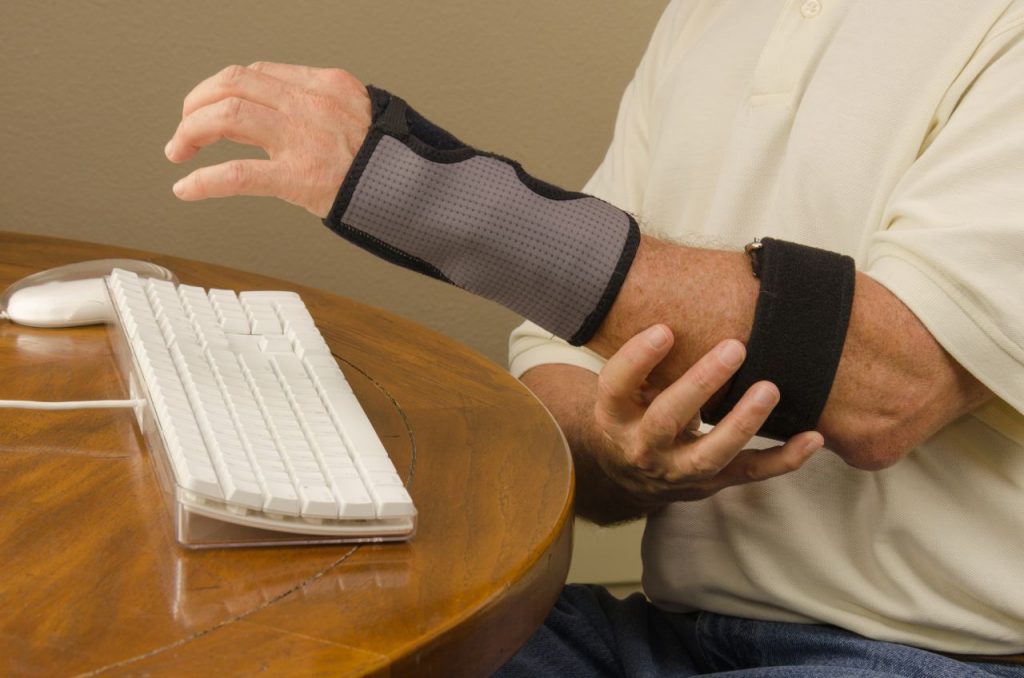Carpal Tunnel Syndrome
HOME / PAIN CONDITIONS / Carpal Tunnel Syndrome
Carpal Tunnel Syndrome can cause significant pain, as well as keeping you from performing your normal daily activities.
What is Carpal Tunnel Syndrome?
When the nerve which runs from the forearm into the palm of the hand becomes “squeezed” at the wrist, pain, tingling and numbness can result. Carpal Tunnel Syndrome can be mild, moderate or severe, with some sufferers saying their fingers feel swollen and useless, even though inflammation is not apparent.

Symptoms can occur in one or both hands, particularly among those who type for their job, and who sleep with flexed wrists. In addition to repetitive motions, contributing factors for Carpal Tunnel Syndrome include rheumatoid arthritis, an overactive pituitary gland or trauma or injury to the wrist. Women are much more likely to develop Carpal Tunnel Syndrome than men, and the dominant hand is usually affected first.
Treating Your Carpal Tunnel Syndrome
As the Carpal Tunnel symptoms worsen, some will feel tingling during the day and will experience decreased grip strength. As soon as you feel the pain of Carpal Tunnel Syndrome, you should try to avoid the activity or activities which make the symptoms and the pain worse, applying cold packs to reduce the inflammation, and resting your hands, whenever possible. If you have had mild to moderate symptoms of Carpal Tunnel Syndrome for less than ten months, splinting and other conservative treatments might be successful, however if your pain has persisted for longer than ten months, it could be more difficult to treat your Carpal Tunnel Syndrome. Splinting your wrist while your sleep can help relieve tingling, numbness and pain at night.
At Seattle Pain, the experienced interventional pain management specialists will evaluate your carpal tunnel injury, then design a comprehensive pain treatment program to help you deal with your pain. Whenever possible, we at Seattle Pain want to help you avoid surgery, and will explore traditional as well as non-traditional treatments on your behalf. OTC anti-inflammatory drugs, such as ibuprofen can also help relieve your pain in the short term. Other short-term treatments for your Carpal Tunnel Syndrome pain include:
- Glucocorticoids taken orally or injected into the carpal tunnel nerve can help reduce compression and inflammation
Are you suffering from numbness and tingling in your hands?
Treating Your Carpal Tunnel Syndrome
At Seattle Pain, we can relieve your carpal tunnel pain and improve your quality of life. We believe in treating the whole patient – and not just the illness or injury. You do not have to live in pain.